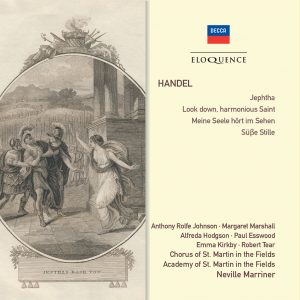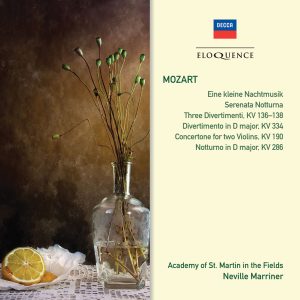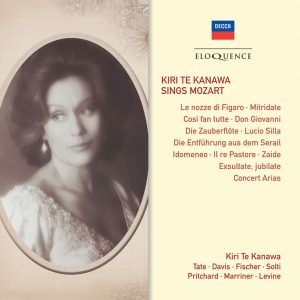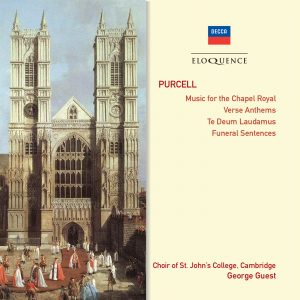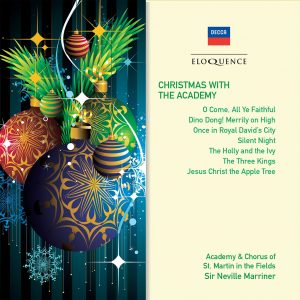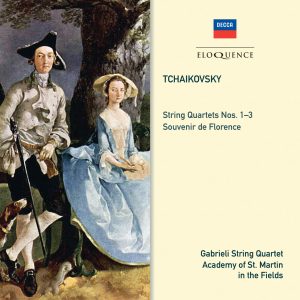Handel: Jephtha
April 20, 2016‘Jephtha’ was the last full-length composition that Handel wrote. (‘The Triumph of Time and Truth’ of 1757 was almost entirely made up of pre-existing music.) Given this fact and also that the actual writing of it was an inordinately laborious task for Handel as he fought with rapidly failing eyesight, its incomparable depth of expression […]

